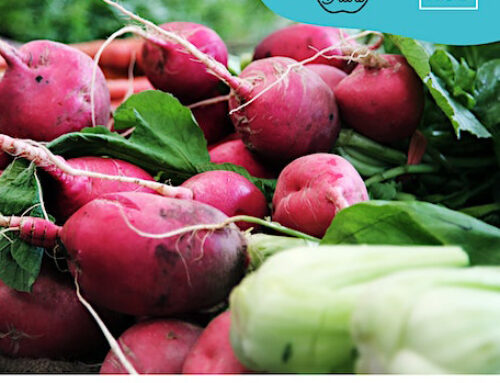Speakers:
Carolyn Steel, author of Hungry City and Sitopia: How Food Can Save the World
Safiya Robinson, cook and founder of sisterwoman vegan
Abi Aspen Glencross, Head of Grains, Duchess Farms + co-founder of The Sustainable Food Story
Date: 30th June 2020
KEY INSIGHTS:
Our outdated idea of a good life is predicated on harnessing fossil fuels and machinery to do the hard work while we sit back and grow wealthy. The injustices, the despoiling of the landscape and the political crises that we face are related to the fact that we ignore the critical question: What is a good life in the context of the 21st century?
We’ve forgotten that food lies at the heart of every aspect of our lives. We need to remember its true value, and treat everything and everybody involved in creating that which nourishes us with respect, care and dignity.
Food is at the core of everything we do, and eating is a political, economic, social and cultural act. Accepting that means we can examine tensions and structural issues, from production and farming to planning in our towns and countryside, to whether and how people can eat, and beyond through a ‘food lens’. We need to use this food lens as the basis of our value system and economy, and to fix those structural issues.
Our industrial farming systems (driven by demand for cheap food) are propped up by subsidies for fuel and chemicals, which is bad for the environment and workers. Instead, if we valued food it would make sense for governments to support an agroecological approach to agriculture that farms with nature and for people.
Many people working in food and farming are in low-paid and precarious jobs, leaving them unable to afford adequate housing and nutritious food, entrenching social injustices. There is also a significant racial dimension because a high proportion of food industry workers are from Black from Black and other ethnic minority communities. If we valued food workers, we’d pay them a decent wage and give them fair working conditions, so they could afford adequate and warm housing and nutritious and culturally appropriate food.
Our towns and cities have become privatised and we’re losing the public spaces where humans, as social animals, can come together as communities. This prevents us from collaborating to fix problems in our local areas. If planning policies supported public spaces where we could grow and trade locally and fairly produced food, our local economies and local communities would thrive and prosper.
Crises make us realise how precious our everyday lives are and help us appreciate what we already have. We’re more likely to collaborate and care during a crisis. Crises give us the chance to readjust our values. Out of crisis the welfare state was born, and so was the New Deal in the US. The COVID-19 crisis gives us a chance to answer the critical question of what defines a good life in the 21st century.
This summary draws heavily on a report of the event, written by the Food Ethics Council. The full report is available here.
Speakers

Carolyn Steel, author of Hungry City and Sitopia
Carolyn is an architect, lecturer and writer and leading expert on the relationship between food and cities. She has spent time conducting research at the University of Cambridge and has collaborated with a number of city institutions to advise and inspire change. She is also an award-winning author of the books
Hungry City: How Food Shapes Our Lives (2008) and Sitopia: How Food Can Save the world (2020).


Safiya Robinson, cook and founder of sister womanvegan
Safiya is a cook and founder of sisterwoman vegan, a social enterprise looking at wellness through food, focusing specifically on community, education and mindfulness. Safiya adopts an intersectional approach to food and wellness and aims to create a more accessible space for black communities.

Abi Aspen Glencross, Head of Grains, Duchess Farms + co-founder of The Sustainable Food Story
Abi is a trained chemical engineer and meat scientist but later switched paths to train as a farmer. In 2017, Abi co-founded The Sustainable Food Story, a collection of individuals travelling around the world to connect people to the origins of their food through cooking events, panels, workshops and dinners.








Leave A Comment